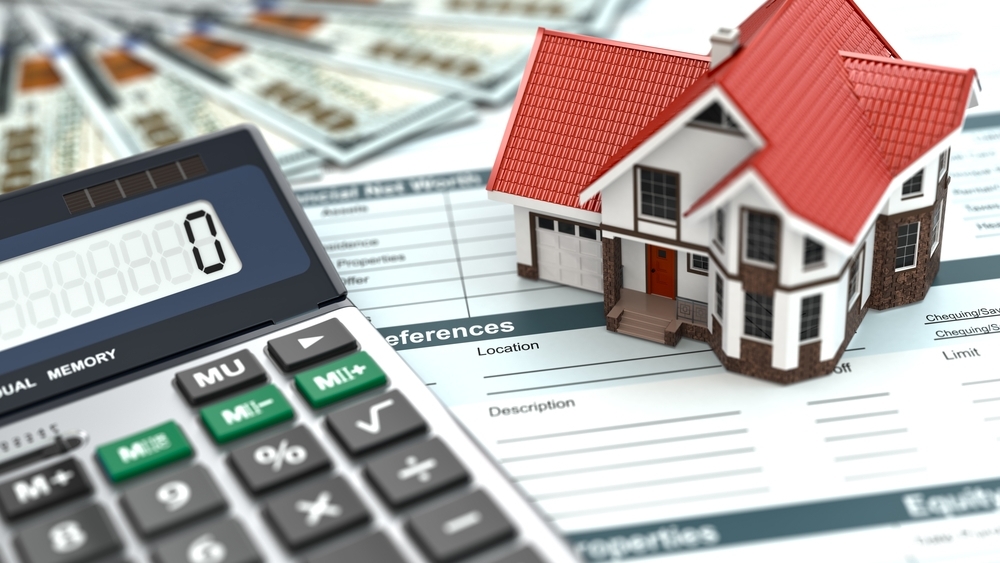It’s important to shop for the perfect place to call home, but don’t forget to shop around for the best financing, too. The quality of the terms of your mortgage can mean a difference of tens of thousands of dollars over the life of the loan. Here are a few tips on finding the best mortgage.
Mortgage broker vs. lender. A mortgage lender works for one financial company, such as a bank, and sells only its mortgages. A mortgage broker works with many lenders and can shop among them to find the best rate, fee packages and other terms.
The lending world at your fingertips. The internet makes shopping for anything much easier and mortgages are no exception. Browsing mortgages can be done on your time in the comfort of your own home. You can also read reviews by previous customers. Be advised: Only speak with brokers and lenders you have contacted directly. Be wary of cold calls from others who have picked up your contact information through your internet searches. Stick with well known online companies to which you have initiated contact.
Ask for referrals. Ask friends and coworkers who have gotten mortgages in the last few years for referrals.
Do comparisons. Get at least three quotes to compare. Ask each one for the numbers on different terms of loans, such as a 15-year fixed, a 30-year fixed and an adjustable-rate mortgage. With ARMs, find out what the payment will be at the maximum rate. Can you afford that maximum rate?
Questions to ask. Don’t be shy about asking questions of lenders and brokers. Here are several key questions that will help you decide what mortgage to choose.
- How much is the origination fee? Are there any other fees? Lenders are required by law to supply you with a Loan Estimate (LE) within 3 business days of submitting the loan application. Typically, the origination fee will be expressed in “points,”meaning percentage points. An origination fee of one point equals one percent of the loan amount. This also applies to “discount points,” which is a way to reduce your interest rate.
- When can I “lock in” my interest rate? Interest rates are always changing. At some point in the application process, you may lock the interest rate so that it doesn’t go higher before you can close. This may or may not incur a charge from the lender, so ask. Knowing the interest rate atmosphere is crucial. If rates are trending lower, you may not want to lock in a rate.
- How much of a down payment do I need? The amount of the loan and subsequent down payment is determined by the maximum ratio of a loan’s size to the value of the property, which secures the loan. The loan-to-value (LTV) ratio is a measure of risk used by lenders. For example, a conventional 30-year fixed term mortgage may have an 80 percent LTV, meaning the loan value would be 80 percent of the sales price or the appraised value, whichever is lower. The subsequent down payment would be 20 percent.
- How long will it take to process the loan? Compare the answer to what online consumer reviews say. A long, drawn-out loan process can create delays that cost you money in terms of what you are paying to stay in a current house or apartment or other unforeseen costs.


